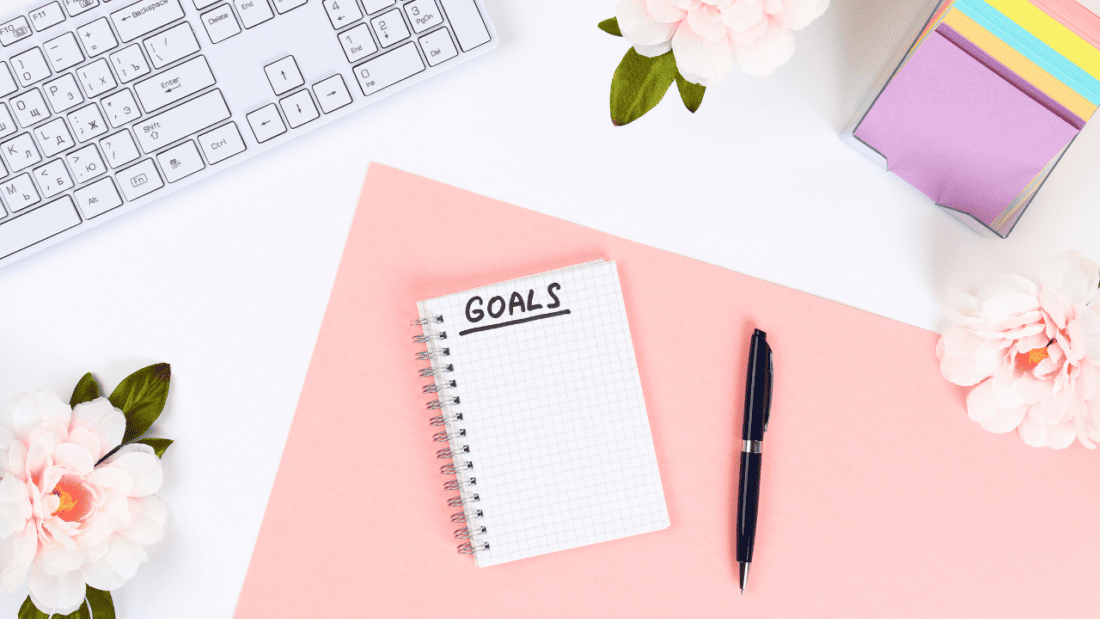In a society still so defined by limiting gender norms and other biases, goal-setting can be inadvertently influenced by harmful messaging. This is the case when it comes to the “New Year, New Me” rhetoric we see frequently in mainstream media and culture, which often seems closer to “New Year, New Body.” Despite the well-documented harm caused by unrealistic beauty and body standards, losing weight continues to be one of the most common resolutions set by people in the United States. It is crucial that we pave the way for future generations of girls to grow up with healthier relationships with their bodies. We share a few tips on how to start this journey.
- Do an inventory of your social media and unfollow accounts that lead to negative or critical self-talk. Look for creators to follow that reflect or represent your own experience. Be sure to also follow the work of activists, advocates, and creators like Virgie Tovar for informative content related to fatphobia and body positivity/neutrality.
- Make an effort to support media featuring meaningful representations of body diversity. We know through our own observations and research that there is a need for a lot more body diversity in the media. In our 2022 Fighting Fatphobia panel, our guests spoke to this issue and more. They highlighted TikTok as a digital space where they find positive representation. Lizzo’s Watch Out for the Big Grrrls and Astrid & Lilly Save the World were two TV shows also recommended in our conversation. Add Thick Skin, Survival of the Thickest, and She-Ra and The Princesses of Power to your watchlist too!
- If you do participate in the tradition of New Year’s resolutions, focus on body neutral goals. Are there self-care practices you want to commit to? A new skill you want to develop? An organization you want to volunteer with? Start from there as you plan for the new year.
Every bit of kindness and acceptance we show to ourselves, our bodies, and others adds to the fight against restrictive beauty and body standards. By the time girls are 13, the majority report unhappiness with their bodies. Girls and women between 12 and 25 comprise 90% of those with eating disorders. Additionally, experiencing weight stigma, shame, and/or discrimination are linked to anxiety, depression, and higher rates of binge eating. These unrealistic standards cause real harm, especially to women and girls.
What if, in 2024, everyone committed to further incorporating body positivity into their lives? It would mean that we’re a little bit closer to a feminist future where the societal value of women and girls is not reduced to how closely their appearance aligns with a patriarchal status quo.
Take Action! Be a champion of body-positivity and body-neutrality in 2024 and beyond. Check out these recommendations from our Executive Director, Dr. Caroline Heldman, for continued learning.




